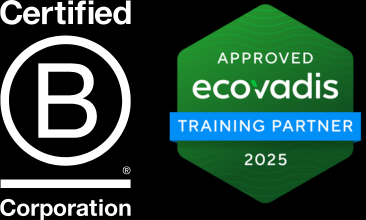At the end of 2014, the European Commission adopted a zero-waste programme, establishing a legal framework for an EU-wide circular economy. According to the Commission, the framework will boost recycling and prevent the loss of valuable materials; create jobs, economic growth and new business models; and reduce greenhouse gas emissions.
Among its goals are to recycle 70% of municipal waste and 80% of packaging materials by 2030. The Commission estimates that the circular economy can save EU businesses €600bn.
But do you know what the term circular economy exactly means? And why does it make sense? Have a look at this video that explains it in quite simple terms. It has been done by high school kids using lego.


